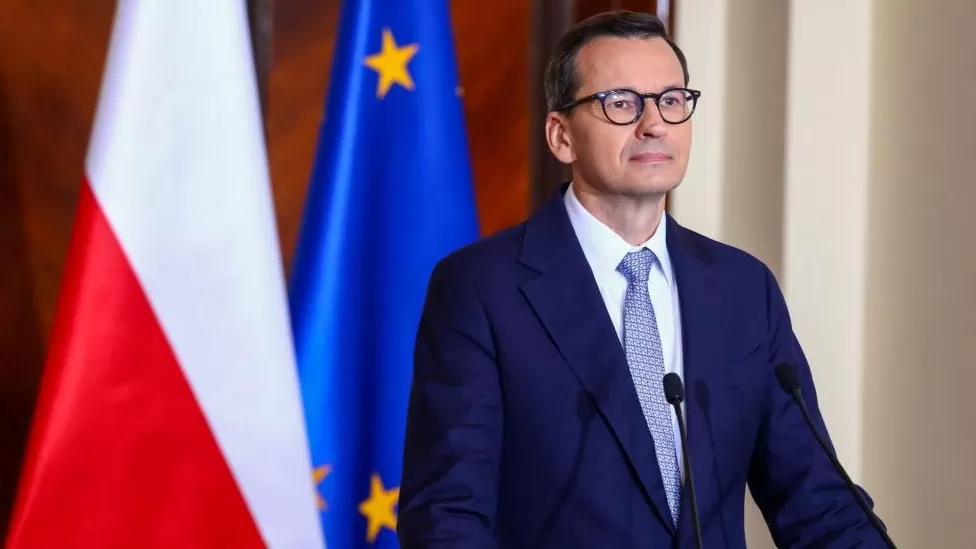One of Ukraine’s staunchest allies, Poland, has said it is no longer supplying weapons to its neighbour, as a diplomatic dispute over grain escalates. Prime Minister Mateusz Morawiecki said Poland’s focus was instead on defending itself with more modern weapons. Poland has already Continue Reading
Ukraine’s Defence Minister, Oleksii Reznikov has confirmed that he is leaving his post. Mr Reznikov had led the ministry since before the start of Russia’s full-scale invasion in February 2022. President Volodymyr Zelensky announced Mr Reznikov’s dismissal on Sunday, saying it was time for “new approaches” in the defence ministry. Rustem Continue Reading
Russian missiles struck the city of Vinnytsia in central Ukraine on Thursday, killing at least 12 people in what President Volodymyr Zelensky called “an open act of terrorism“. Ukraine’s emergency services said there were “12 dead, including one baby, and 25 wounded” and dozens of rescue workers were fighting to put out a large blaze […]Continue Reading
Ukraine’s President Volodymyr Zelensky has said Russia has launched an assault to seize the eastern Donbas region. Moscow bombarded cities with rocket and artillery fire on Monday and in a video address Mr Zelensky said that the battle “for the Donbas has begun”. Ukraine’s top security official, Oleksiy Danilov, said that Russia tried to break […]Continue Reading
